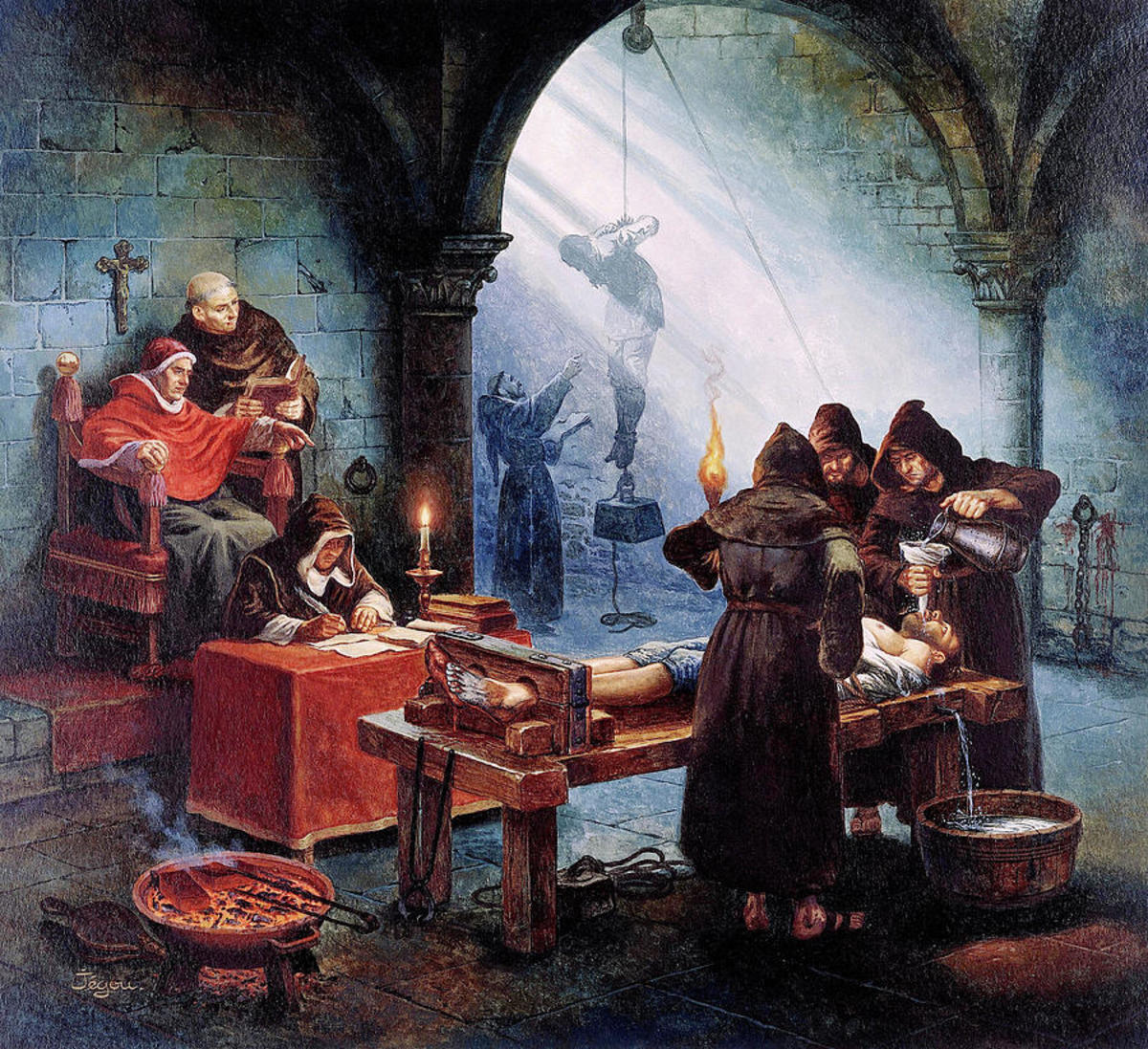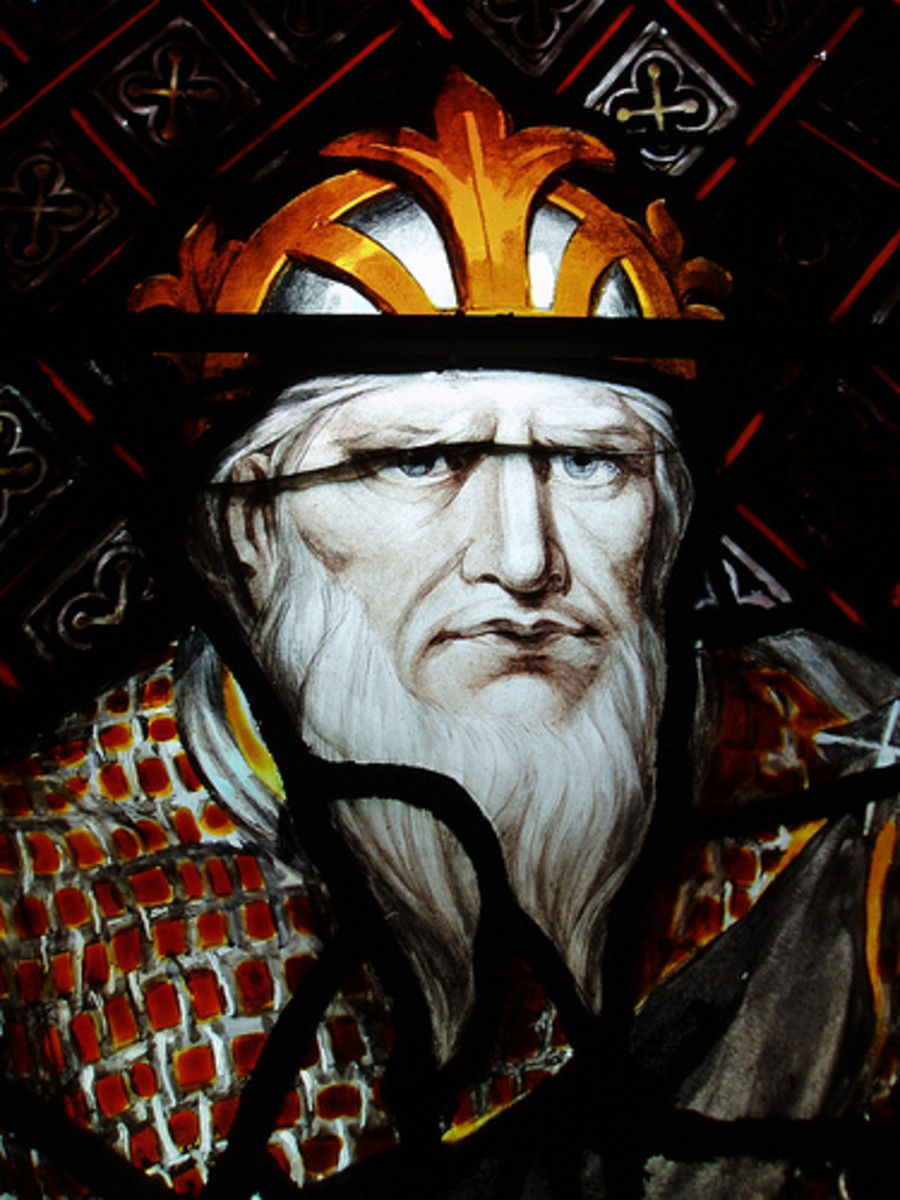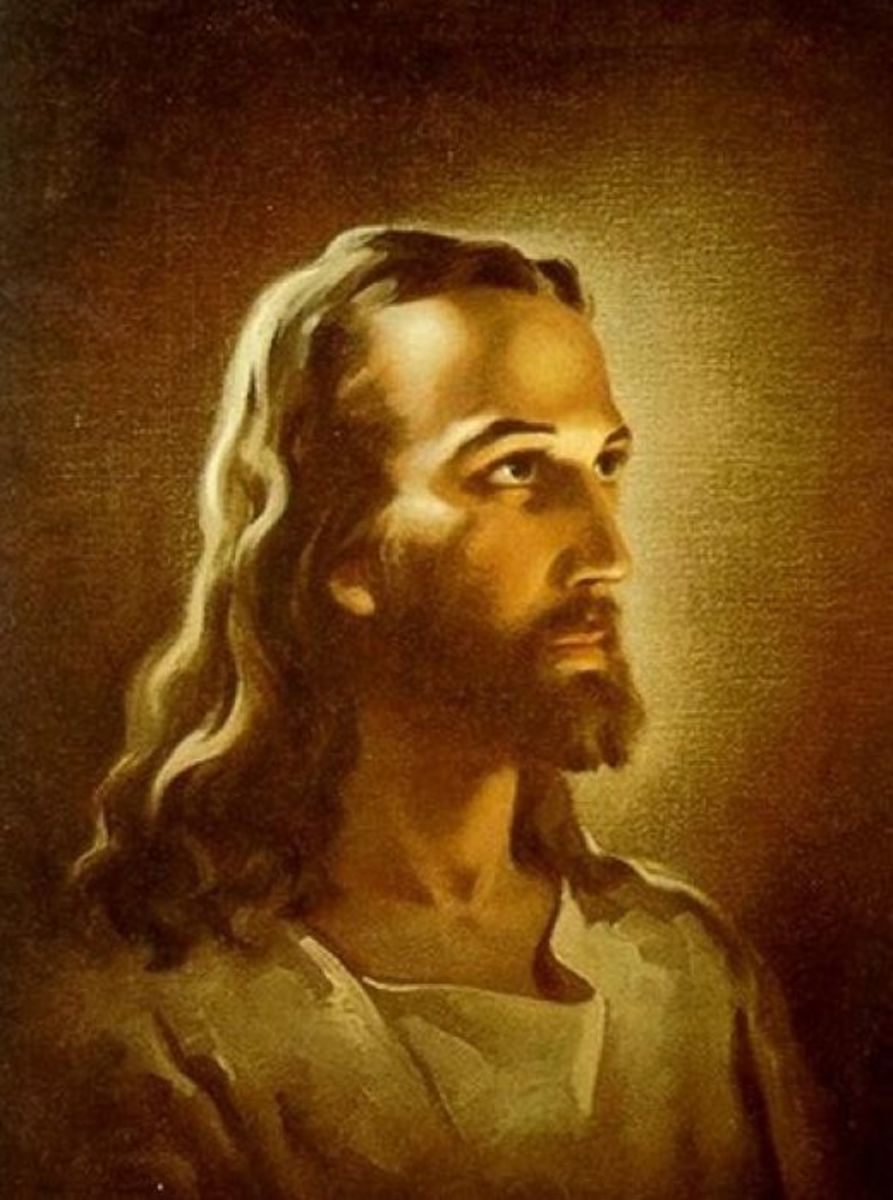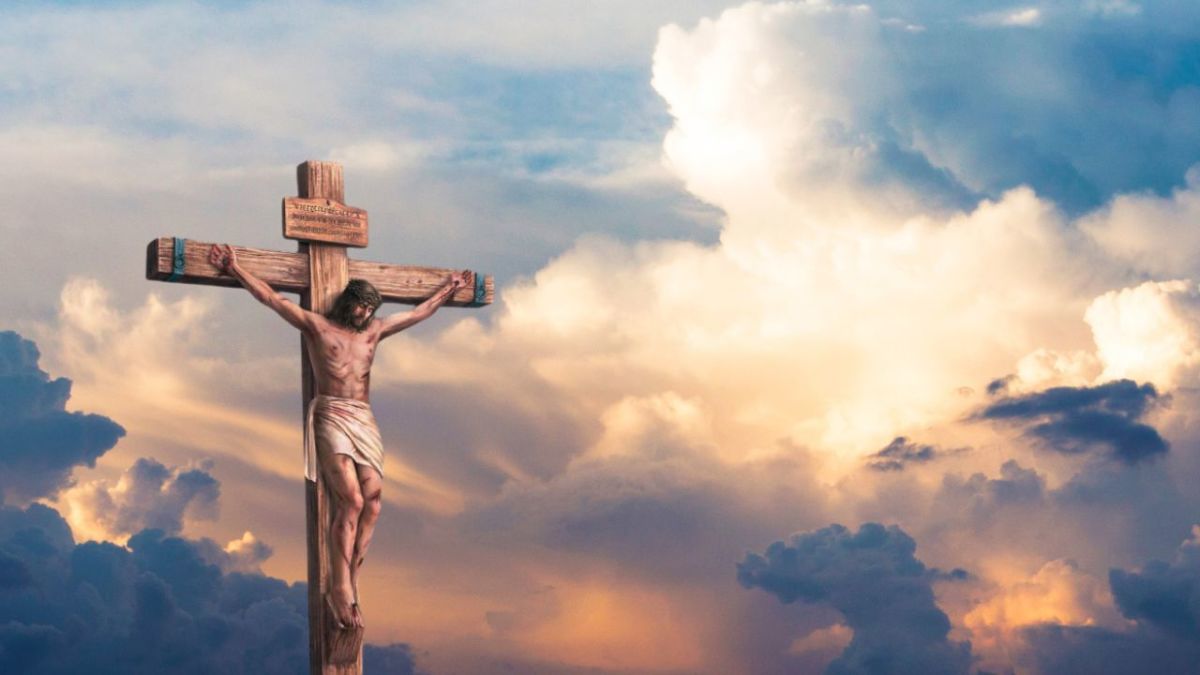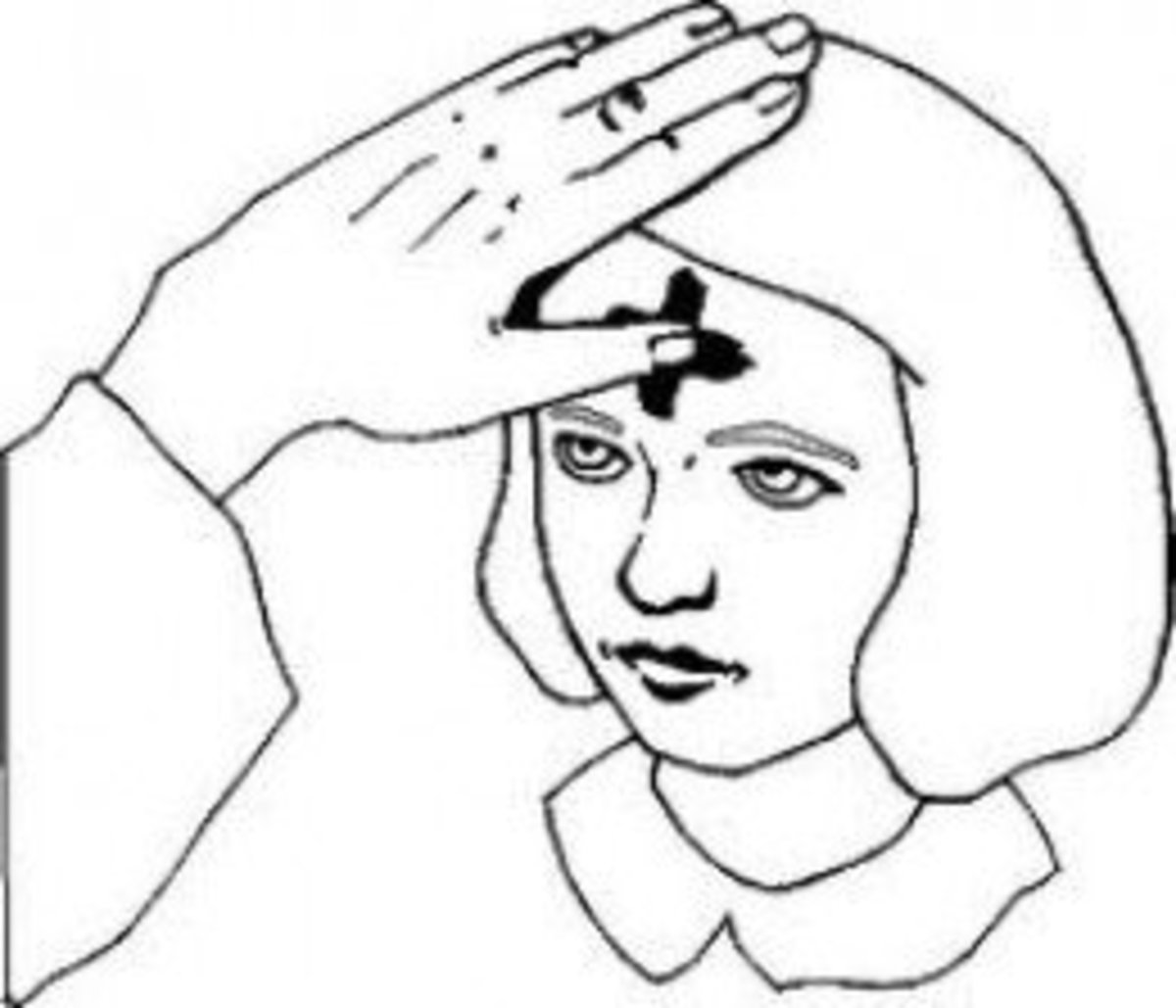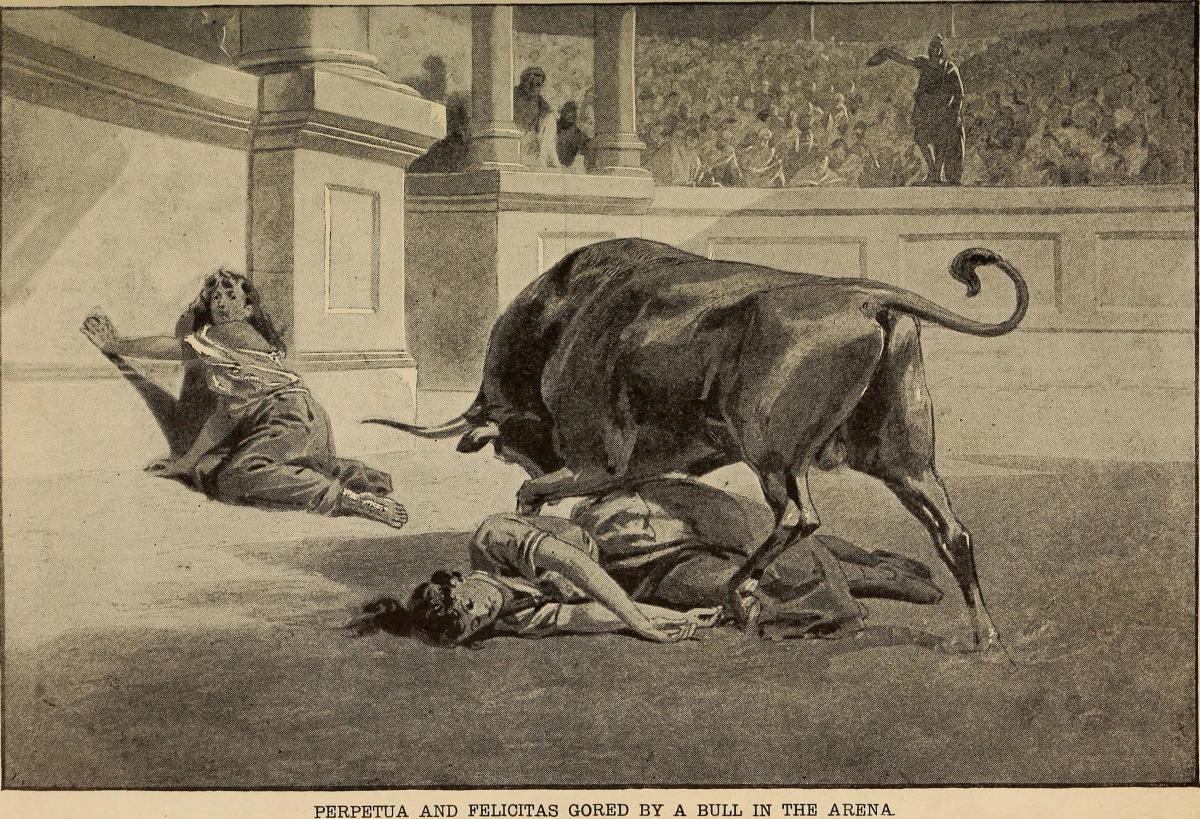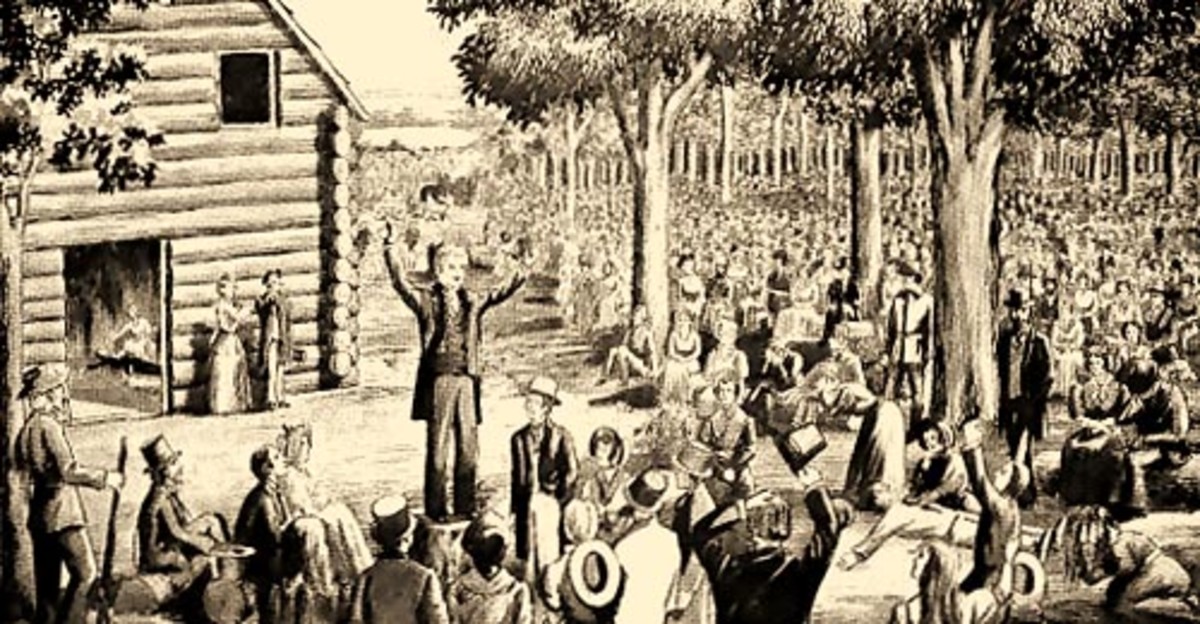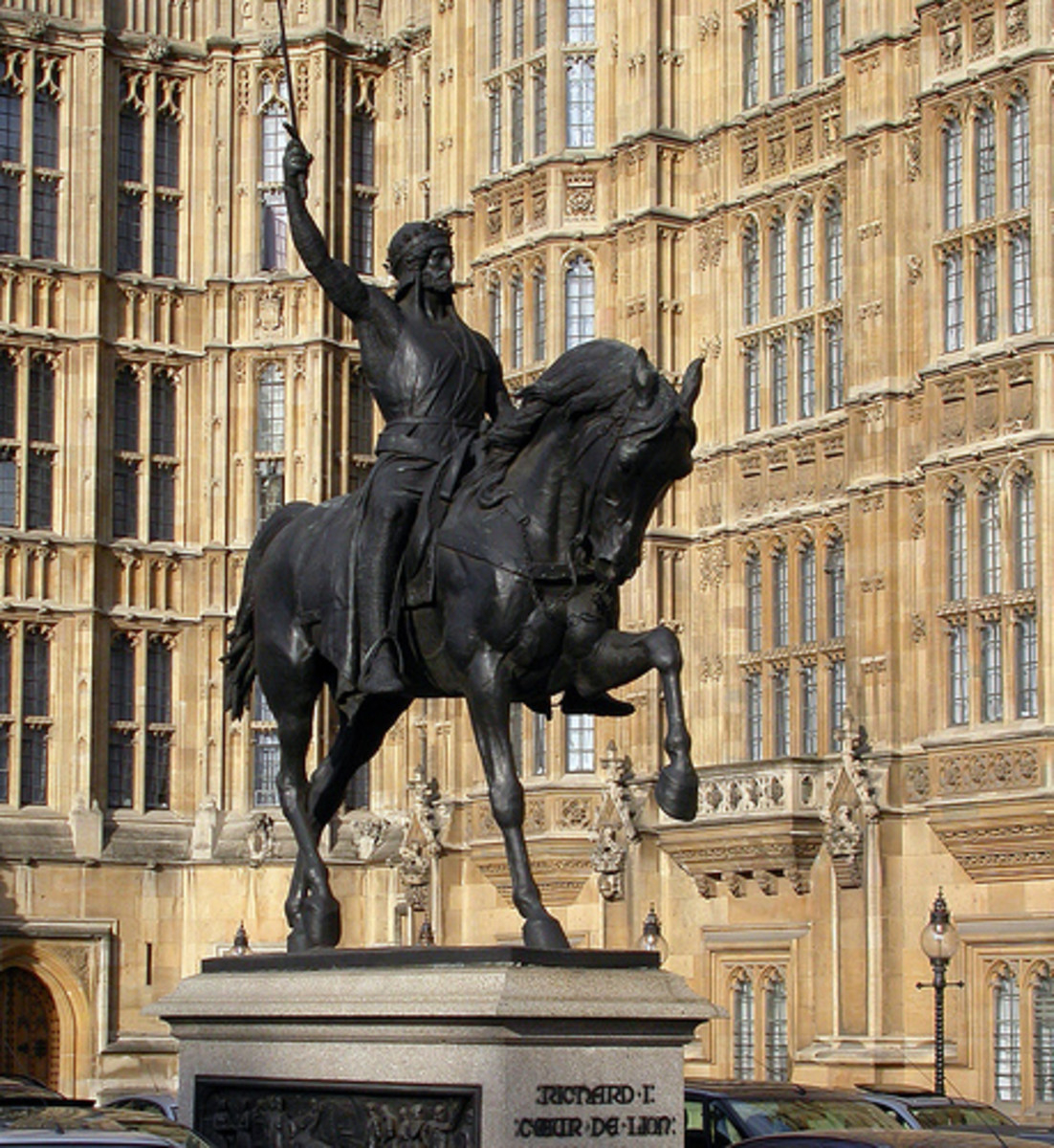Heresy Today - Are You A Heretic?
Defining Heretics and Heresy
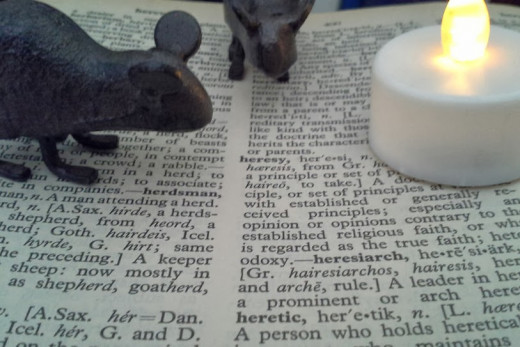
First Heretic Execution in 385 AD
The birth place of Christianity's legal condemnations of heretical opinions. The northern Greek city is believed to have been founded by St Paul.
The Edict of Thessalonica
It is hard to discuss the history of Christianity, without broaching the subject of heresy; and all the violent conflicts it has caused the Christian faithful, throughout its development. The history of Christianity is full of different periods in time where religious tribunals, played a fierce role in the development of religious doctrine through the use of violence and fear tactics. The word heresy and all its implications played a huge role, in how that violence was justified over the span of two thousand years.
- The first known legal usage of the word heresy, came about in the historical time frame of Christianity, in the year 380 AD. The first usage of the term in a legal context, was established in the Edict of Thessalonica, also known as the Cunctos populos. This edict made Christianity the state-sponsored church of the Roman Empire. Prior to the edict, the church had no state-sponsored support system, for any legal means to counter what it perceived to be "heresy".
- In 385 AD, a mere five years after legal ramifications to criminalize heresy was first decreed law by the Emperor Constantine I, the first Christian heretic was prosecuted, found guilty by a court of law, and executed by Roman officials; which were lawfully empowered now, by the Edict of Thessalonica. By 390 AD, over a thousand Thessalonians had been executed as a result of this edict.
Princeton University's Definitions of Heresy
- A person who holds unorthodox opinions in any field (not merely religion)
- Someone who believes contrary to the fundamental tenets of a religion they claim to belong to; Of or pertaining to heresy or heretics
- Heresy - a belief that rejects the orthodox tenets of a religion
- Heretical - dissident: characterized by departure from accepted beliefs or standards — Princeton University
In my quest for answers, I have discovered many different elements having to do with the word heresy.
- The root word itself is of Greek origin. It comes from the Greek word hairesis; which means either a "choice of beliefs," or a "faction of dissident believers."
- According to the Seek to Know website: Heresy is the holding of a belief that is in fundamental disagreement with the established Orthodoxy doctrines of an organized religion. Orthodoxy obviously being the key word here.
- The Inquisition was a group of judicial institutions for the Catholic Church, charged with the eradication of religious sectarianism viewed as heresy.
- Heresy remained an officially punishable offense in Roman Catholic nations until the late 18th century.
- People persecuted for heresy, were called Heretics. If a person was accused of heresy, their lives were completely turned upside down. All property and material wealth was taken over and consumed by the Roman Catholic Church, and the Empire of Rome.
- Heretics were usually tortured into false confessions. After making their legal mark on a statement, which was usually written up by a church cleric prior to their prosecution, validating their signed confession; these people were executed by soldiers shortly thereafter.
- For someone to be labeled a heretic, meant that they were bound for Hell, and often excommunicated from the church for the slightest misdemeanor.
- In my readings, I discovered that the Catholic Church sanctified the ratification of two types of heresy;
- Formal Heresy - knowingly voicing opinions, which are going against religious dogma with intent to discredit it. A punishable offense.
- Material Heresy - is the holding of mistaken opinions through no fault of one's own self. Material heresy was not considered a sinful action. Amazingly enough, material heresy was implemented to embody Protestant dissenters.
Looking Back and Changing Views

The Author's View On Heresy
As a child of the Roman Catholic faith, I often wonder what part of the Catholic religious dogma did Christ follow? Of course that answer is that he did not follow Roman Catholicism, and most likely would have never of followed it. Therefore, how did the early Catholic Church leaders get it so wrong?
I think there is a lot to be said about the early Christian movement. With so many different ideas and aspects of the faith in consideration, for a church to waiver in its convictions one way or another, created uncertainties and imbalances among the people. What we see today as cruel and unusual punishments, in the times of the Dark ages of the 12th century was a way of life, and the only way they knew how to maintain balance. Control the mob, hold the crown was their mantra. The Roman Catholic Church was founded by men, who held this belief firmly within their hands. It appears that what was not understood, became a reason to fear change.
With the invention of the printing press and the advancement of electricity into peoples' homes, the people of the world once again became better educated. With the light of knowledge, virtually at a person's fingertips, religious leaders were finally convinced that it was okay to embrace change. As human nature has evolved over the past two millenia, so has the original Christian ideals and religious philosophy.
For example;
- The modern position of heresy today is that there are no real heresies. Even the Roman Catholic church embraces the idea that there are multiple orthodoxies, which can exist simultaneously without conflict.
More Religious Articles By the Author
- The Significance of Ashes on Ash Wednesday
An installment on the Lenten Traditional Christian Holidays; Ash Wednesday, Lent, and Easter. Full of Historical references. - The Twin Brother of Jesus Christ
Learn the intriguing details surrounding Jesus Christ and his twin brother Jude. Find the complete Gospel of Thomas recited on video, in this thought provoking article. - Angel Mysticism, Magic, and Prayer
Learn the exact order of the Celestial hierarchy, and how to invoke the powers of Angels. The names and prayer to invoke strength or love; and the body healing angels, who guarded Christ in his tomb. - The Forgotten History of Apostle Paul and the Ebioni...
Bad Church installment of Lost biblical facts surrounding the history of Christianity, as it really happened. - Lost History Surrounding the Bible
Lost historical facts surrounding the history of Christianity and the bible. Learn the true date of the birth of Christ and when some of the books of the bible were written. Informative article.

